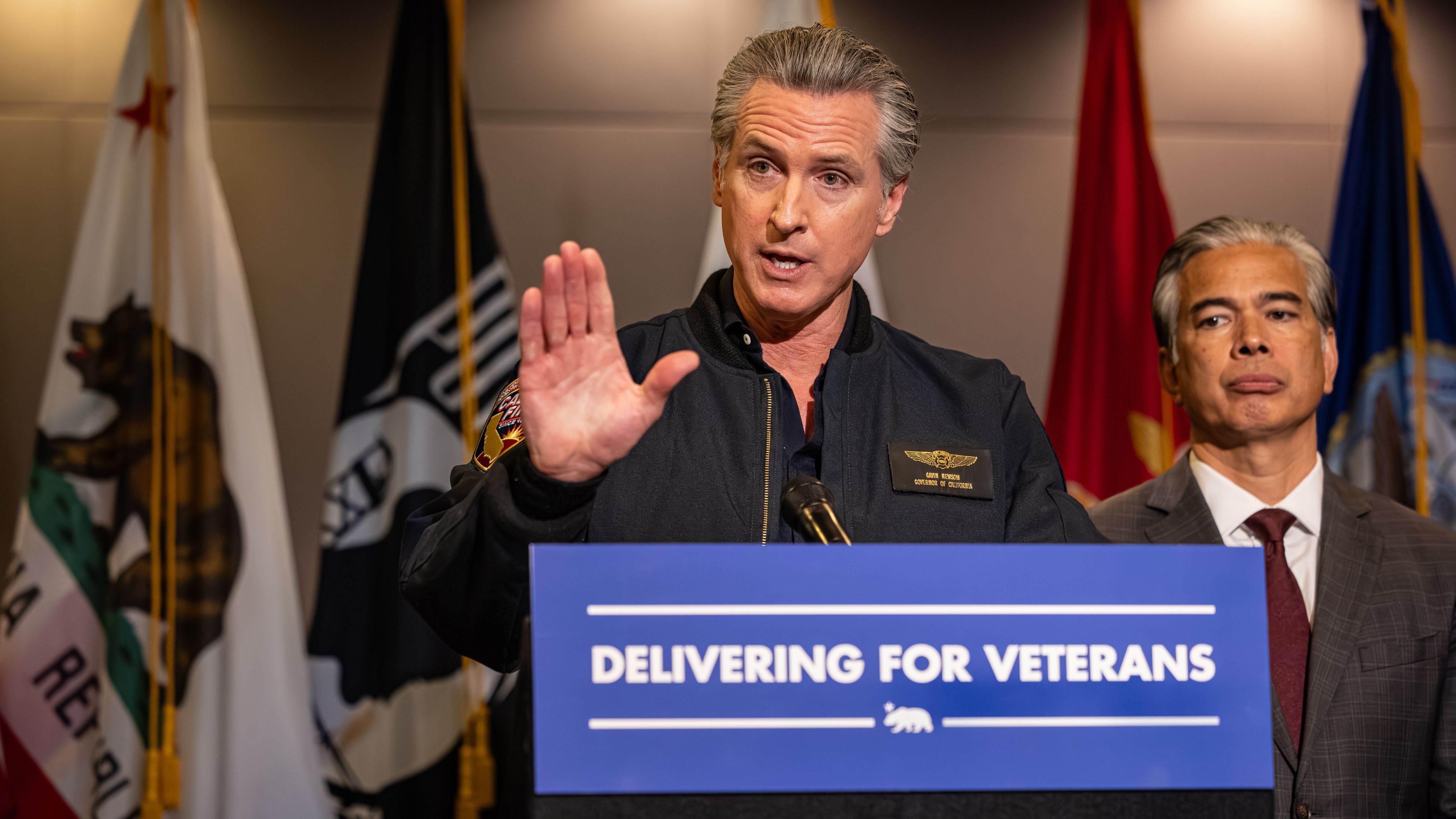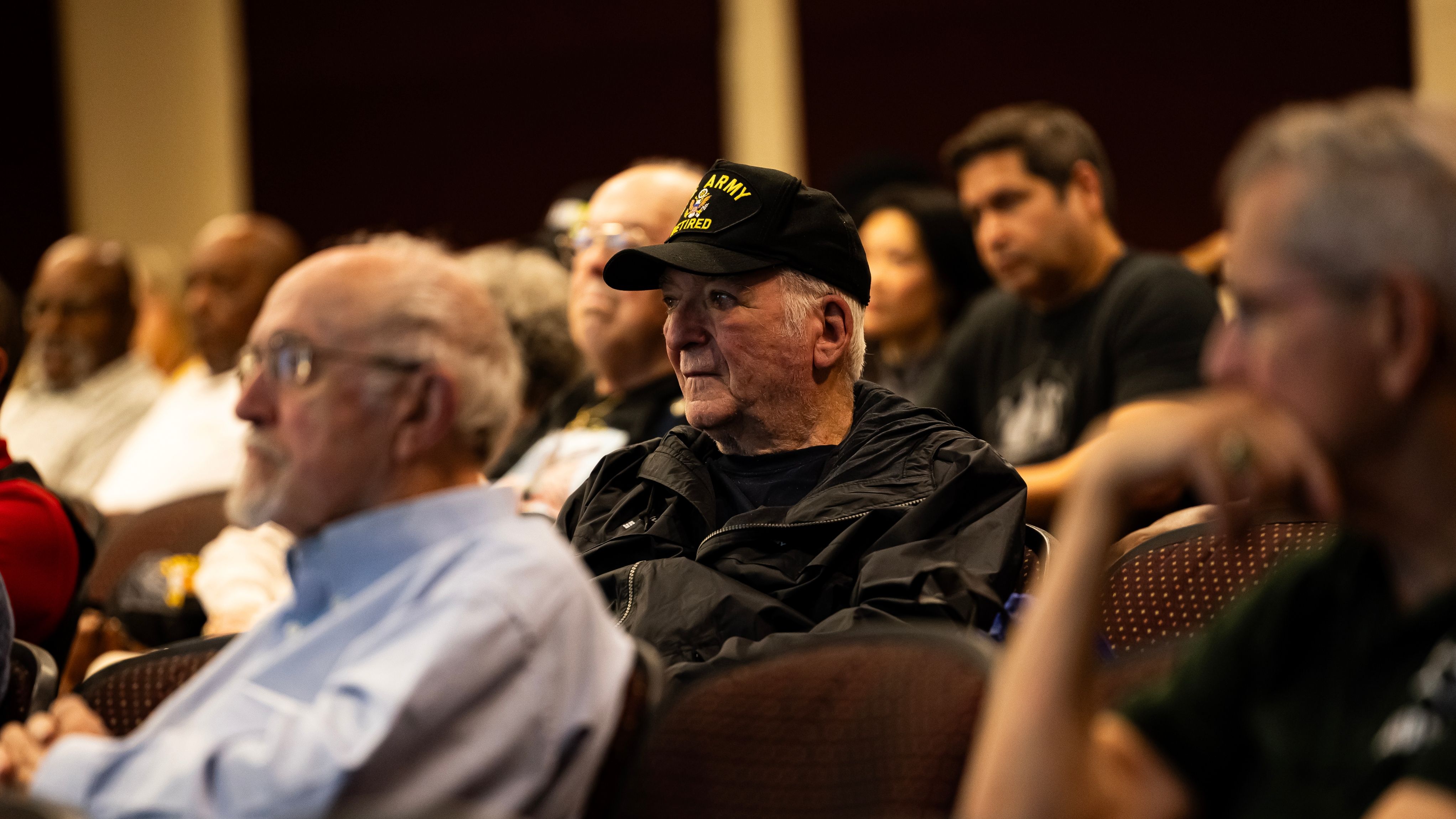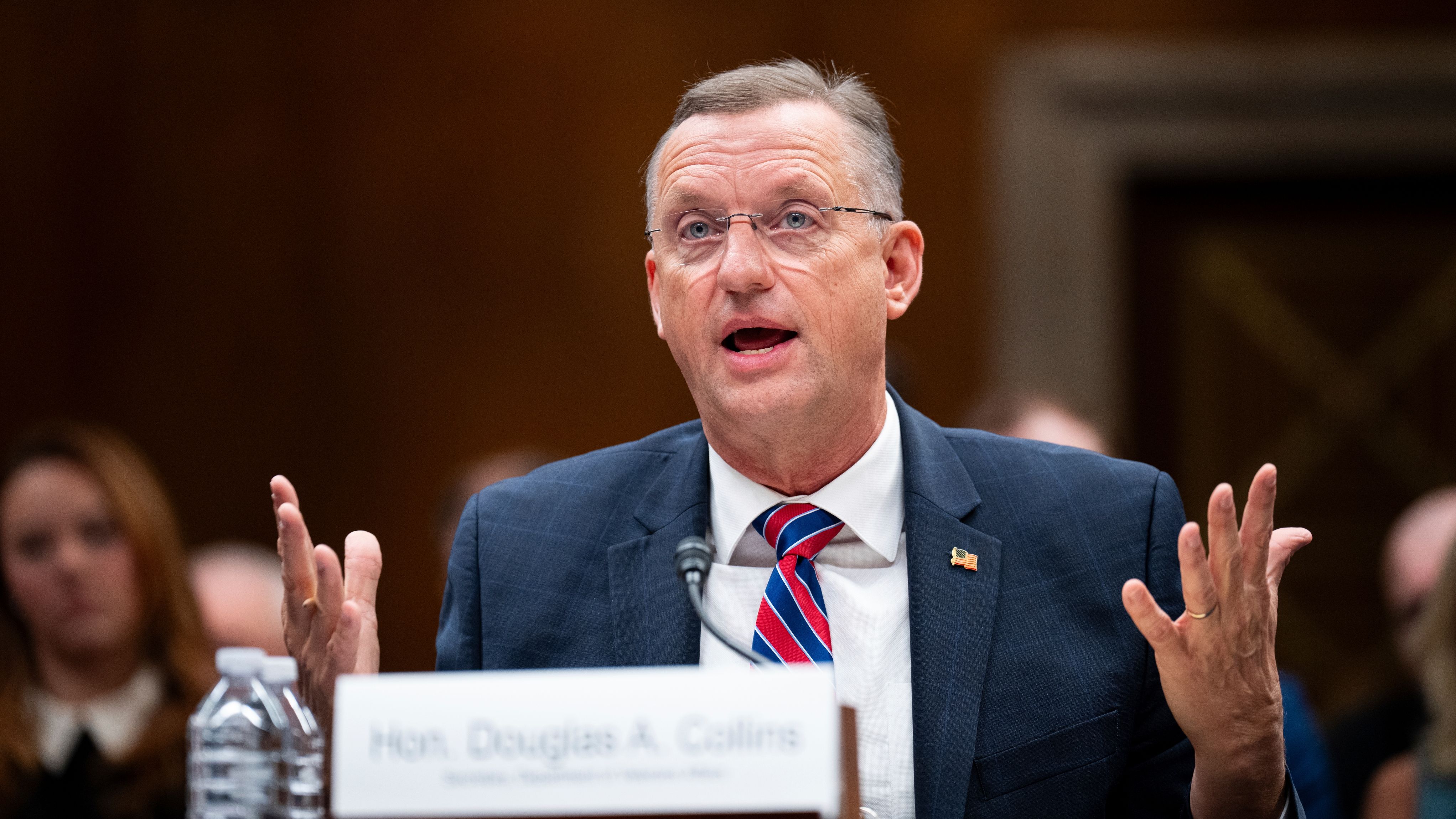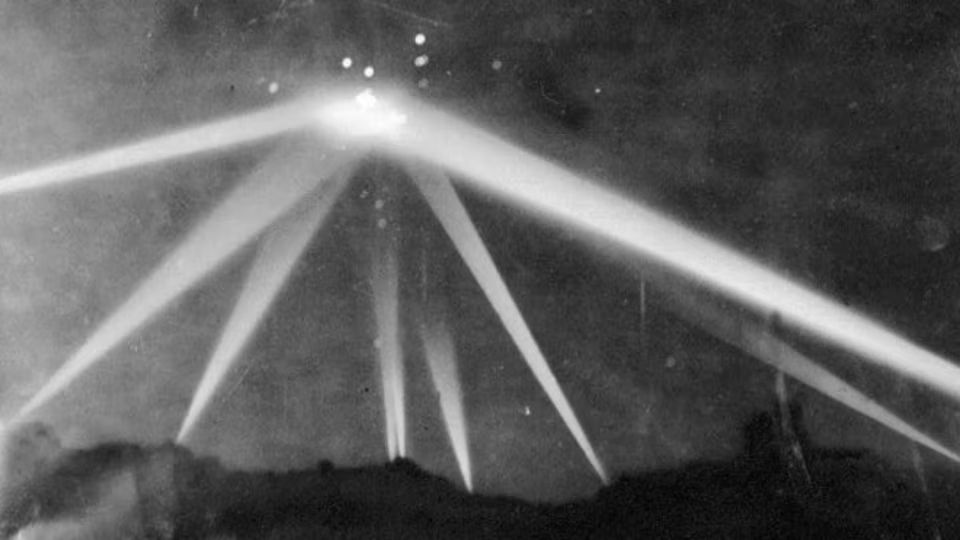PAY OUR TROOPS ACT TARGETS MILITARY PAY DURING 2023 SHUTDOWN
COMMENT
SHARE

On September 30, 2023, the government was on the verge of shutting down yet again, threatening those within the military community. While serving is an honorable cause, it’s also their livelihood. Furthermore, civilian workers also perform vital duties alongside those enlisted and commissioned to ensure that America's military functions at the highest level. The Pay Our Troops Act is a bill that looks to provide payment for the U.S. military, contractors, and civilians who may otherwise lose their income during the shutdown, should it happen. Once again, Congresswoman Jen Kiggans is reintroducing the bill to help protect them as yet another funding deadline looms in 2025.
Rep. Jen Kiggans and 2023 Pay Our Troops Act Reintroduction
With a federal funding deadline approaching on March 14, 2025, Rep. Jen Kiggans (R-VA) is pushing for the Pay Our Troops Act to finally become law.
If successful this time, the bill will ensure that military personnel still get paid if the government shuts down, including the U.S. Coast Guard (USCG) and certain U.S. Department of Defense (DoD) civilians and contractors.
These paychecks would be paid by using existing Treasury funds so that service members and related workers wouldn’t have to give up financial stability regardless of Washington’s dysfunction.
"They will see that paycheck no matter the dysfunction in Washington, no matter how this ends up with government funding, our military members, their families and again the Coast Guard and a lot of our federal workers will continue to get paid," said Kiggans.
If passed, the measure would remain in effect until funding is restored or until January 2026.

Patriotism and Paychecks
Serving in the military may be honorable and noble, but it’s still a job, and those serving will need to cover their bills in some way. Not that additional reasons are needed to maintain a secure paycheck in exchange for labor hours, but recent economic factors are only complicating things further. Food insecurity is a persisting issue for the military community. Inflation is a problem for everyone.
There are financial benefits to discuss, personal finance factors that can be affected, and housing benefits as well. The list goes on. Anyone can love their country and take pride in the work they perform, but at the same time, they're going to need to pay their bills. The cost of living is already a rising pressure for American families, and a lack of income in the midst of a delicate financial ecosystem will only make matters worse.
Military Operational Readiness During 2023 Government Shutdown
Realistically, both civilians and active duty service members would face problems at home that would also leak into work. Being distracted and non-motivated is a common issue for workers, and tacking on financial issues would only compound things further.
We’re talking about those dedicated to maintaining the systems that secure America's national security. Finding a solution to provide compensation even if there is a government shutdown is a critical decision that needs to be made.
Best of all, there’s a precedent to such an idea, as such an agreement was made to avoid this very issue in 2013.

2013 Pay Our Military Act (H.R. 3210) as Precedent
The Pay Our Military Act (H.R. 3210) is a federal law that passed on September 30, 2013, because Washington D.C. couldn't get it together and a shutdown was once again looming. The bill provided funding for FY 2014 to allow for military salaries to be fulfilled and was passed with only hours to spare.
Both the House and the Senate passed the bill unanimously. Interpretation of the law also allowed at least most of the hardworking civilians who assist the military with defending the nation to continue to work. Due to the fact that Congress had yet to provide approval for compensation before the fiscal year began, the shutdown occurred. This ongoing problem of military pay that continues to come up time and time again appears to be completely avoidable. Furthermore, there's somewhat recent proof that even if a government shutdown does occur, there is no excuse not to pay those defending their nation.
At the end of the day, the lawmakers that refuse to see eye-to-eye for whatever reason it is this week aren’t the ones rescuing people after natural disasters, providing humanitarian care, defending Americans from terrorists, or training to maintain operational readiness.
The Pay Our Military Act shouldn’t be necessary, but if it is, there’s no reason it shouldn't pass. Regardless of political affiliations or beliefs, it’s clear that for morale, national security, and simply because it’s the right thing to do. The U.S. military deserves pay even through political disagreements.
Related reads:
Join the Conversation
BY BUDDY BLOUIN
Buddy Blouin is a Contributing Writer at VeteranLife.com
Buddy Blouin is a Contributing Writer at VeteranLife.com



